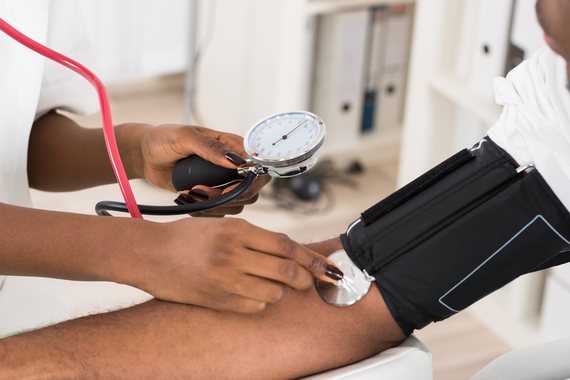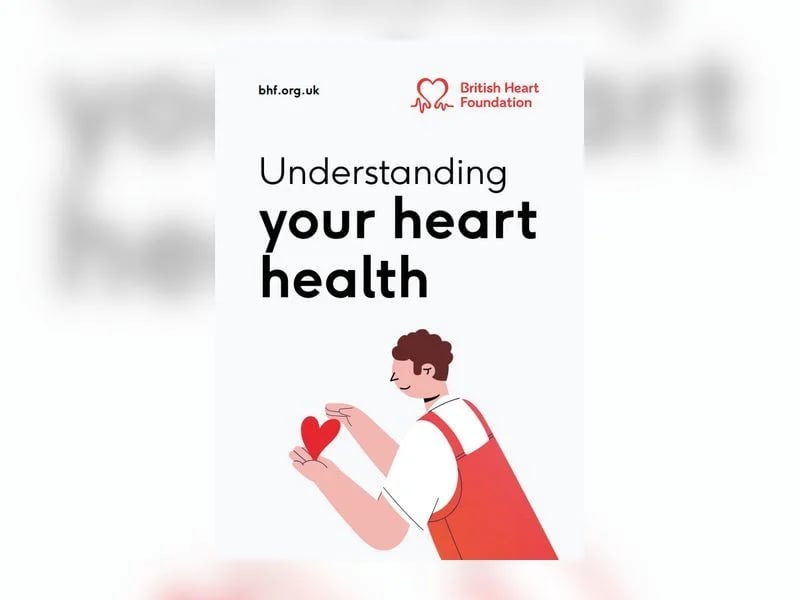
Risk factors
Risk factors are conditions or habits that increase your risk of developing a disease. The good news is many heart and circulatory diseases are caused by risk factors that can be controlled, treated or modified.

Risk factors are conditions or habits that increase your risk of developing a disease. The good news is many heart and circulatory diseases are caused by risk factors that can be controlled, treated or modified.

Download or order our free booklet on looking after your heart. It walks you through the best ways to look after your heart and your health, with easy swaps and manageable changes.

Download or order our free booklet on eating better for a healthier heart. It has lots of simple swaps and tips for a healthier you.